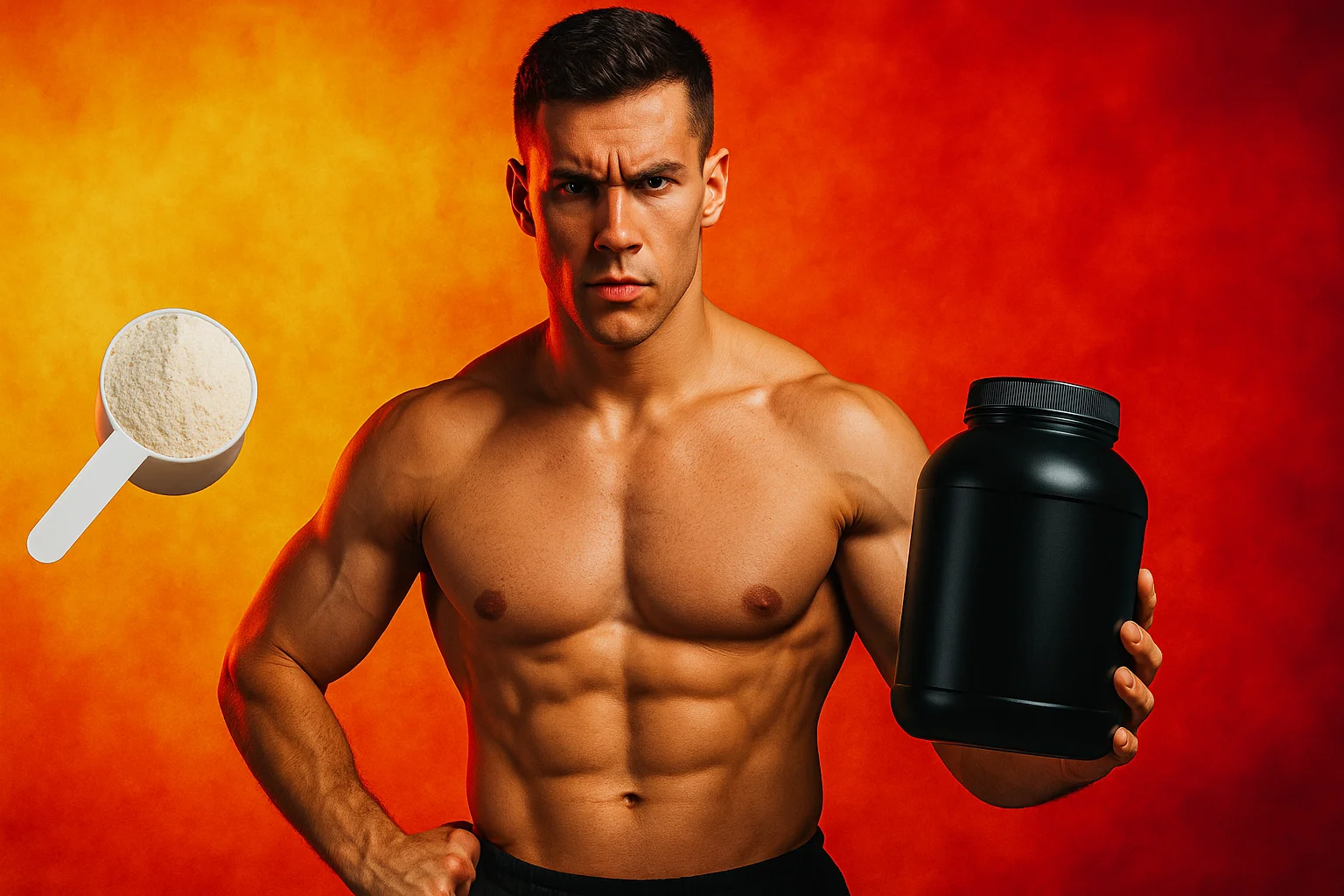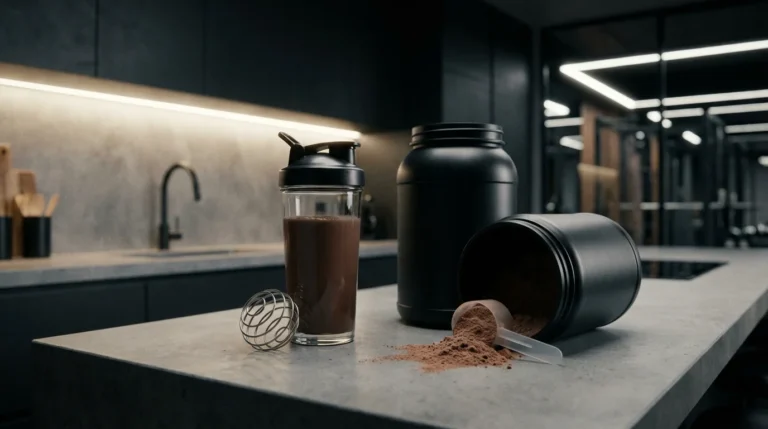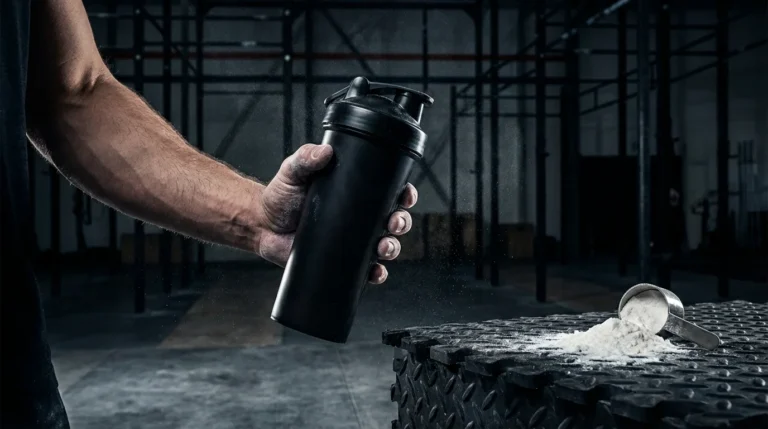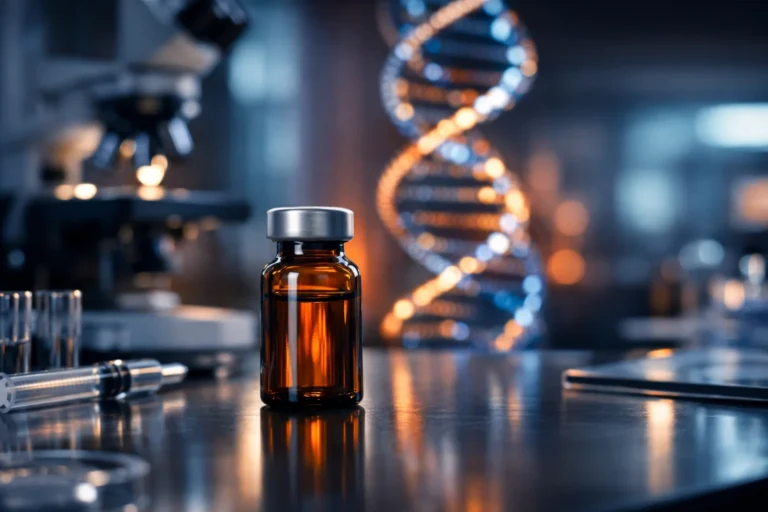The link between diet soda and testosterone isn’t fully clear. Some studies on ingredients in diet drinks hint at possible effects, but more human research is needed.
In a Nutshell: Diet Soda and Your T-Levels
- You will learn about testosterone and why it’s important.
- You will see what research says about diet soda ingredients.
- You will understand that clear answers on diet soda’s direct impact are still developing.
- You will find out that overall lifestyle choices are key for healthy testosterone.
Estimated reading time: 4 minutes
Many people drink diet sodas to cut calories. But you might wonder if these drinks affect your body’s hormones, like testosterone. Let’s look at what we know about does diet soda lower testosterone.
Why Testosterone Matters
Testosterone is a key hormone, especially for men. The testes make most of it. This hormone helps with:
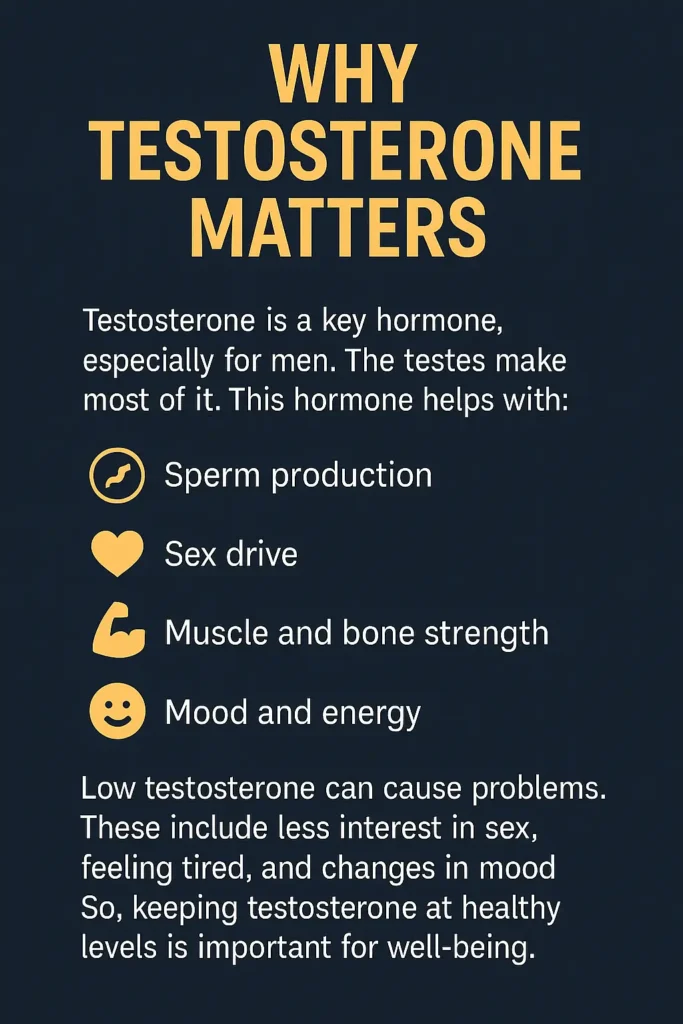
- Sperm production
- Sex drive
- Muscle and bone strength
- Mood and energy
Low testosterone can cause problems. These include less interest in sex, feeling tired, and changes in mood. So, keeping testosterone at healthy levels is important for well-being.
Artificial Sweeteners: What’s the Story?
Diet sodas use artificial sweeteners. These give a sweet taste without sugar or calories. Common ones are aspartame, sucralose, and stevia. There’s ongoing discussion about how these might affect hormones.
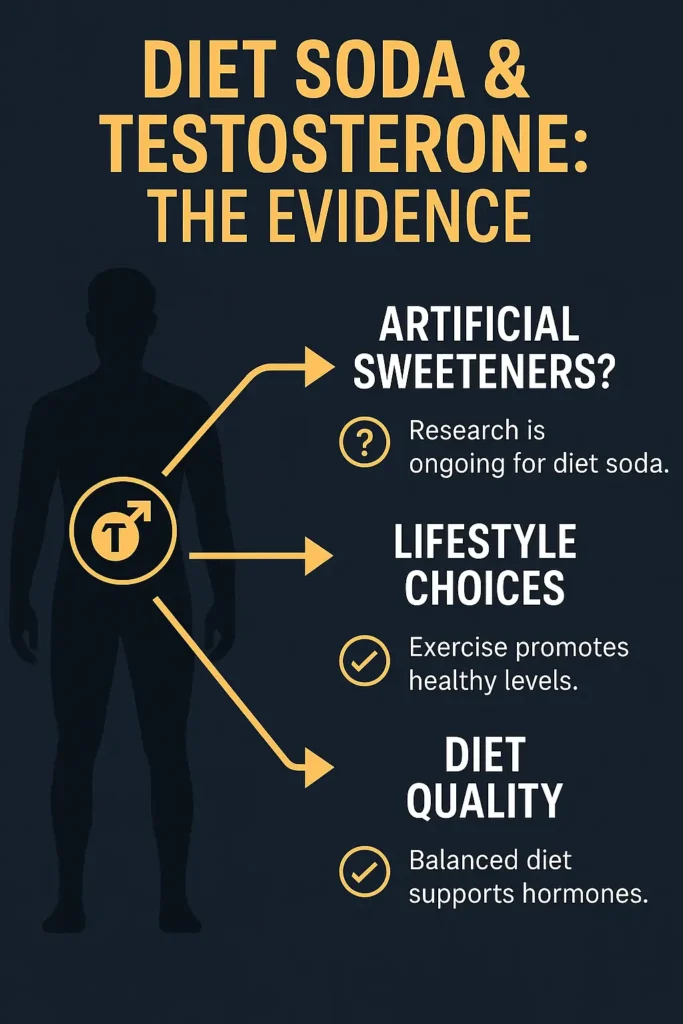
Aspartame and Testosterone
Aspartame is in many diet drinks. Some people worry it might lower testosterone. However, strong proof from human studies is lacking. Most claims are based on personal stories or animal research. We need more solid research in humans.
Other Sweeteners
Other sweeteners like stevia and sucralose are also used. Some studies on rats suggest these could affect sperm or reproductive hormones. But how this applies to human testosterone is not yet clear. Animal studies don’t always mean the same for people.
Diet Soda and Testosterone: Human Studies
There are not many human studies looking directly at diet soda and testosterone. Some research has linked sugary drinks to lower testosterone. One study in 2018 found that men drinking more sugar-sweetened beverages had a higher chance of low testosterone. While diet sodas are different, this shows drinks can impact hormone health.
It’s hard to say for sure if diet soda lowers testosterone based on current human research alone. Many factors can affect your hormone levels.
Diet Soda vs. Sugary Drinks
People often pick diet soda to avoid sugar. Sugary drinks are tied to health problems like obesity. Obesity itself can lower testosterone. So, while diet soda cuts sugar, it’s good to think about what you drink overall.
Neither type of soda is a health drink. Focusing on natural high testosterone foods can be more helpful.
Lifestyle and Diet: The Bigger Picture
Your daily habits matter most for testosterone. Eating a balanced diet helps. Some studies show that men who eat more organic foods may have better sexual health scores. Regular exercises to boost testosterone also play a big role. Things like getting enough sleep and managing stress are also key.
It’s better to focus on these big lifestyle factors. They have a stronger link to healthy testosterone than just diet soda alone.
A quick “Testosterone Health Check”.
Testosterone Health: Quick Check
Conclusion: Focus on Overall Health
So, does diet soda lower testosterone?
The direct proof isn’t strong yet. Some ingredients raise questions, but we need more human studies. For now, focus on a healthy lifestyle. Eating well, staying active, and getting enough sleep are proven ways to support your overall health, including your testosterone.
- Eat Smart: Choose whole foods like fruits, vegetables, and lean proteins. Consider [diets that boost testosterone](https://primeformen.com/diets-that-boost-testosterone/).
- Move More: Regular physical activity is very helpful. Even simple [weight lifting can boost testosterone](https://primeformen.com/does-weight-lifting-boost-testosterone/).
- Rest Well: Aim for 7-9 hours of good sleep each night. Sleep is vital for hormone production.
- Chill Out: Find healthy ways to manage stress. Chronic stress can affect your hormones.
In-depth Discussion on the Topic: Listen to Our Expert Panel
Your Questions About Diet Soda & Testosterone Answered (Simply)
What drinks might lower testosterone?
Does Diet Coke affect hormones?
Do artificial sweeteners affect male fertility?
What are the negative effects of diet soda?
Can quitting soda increase testosterone?
What foods might negatively impact testosterone?
Does sucralose affect testosterone?
